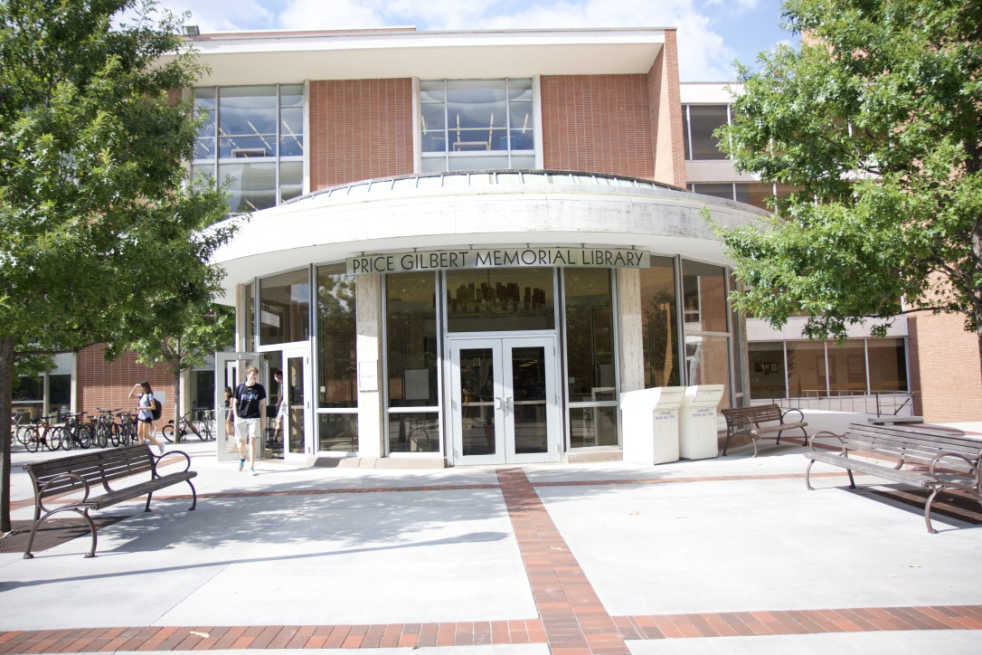Continuing with its ongoing renewal process, the library has introduced new pilot programs, including laptop kiosks, chargeable lockers and roving staff.
The renewal, called Library Next, began in December 2015 and should be finished by 2020.
The vision behind the renovation is to transition the current book-centered library into a more modern research library.
The renewal includes Tech and Emory University combining their vast book collections in a state-of-the-art, climate controlled facility on Emory’s Briarcliff Road property, called the Library Service Center.
Only 17 percent of the schools’ book collections overlap. This frees up space in both schools’ libraries and expands their collections while still giving students access to books via delivery.
The newest pilot program, the self-service laptop kiosk, was launched on Aug. 22. The kiosk is located across from the Library Service Desk, near the front entrance on the first floor.
The laptops, Dell Latitude Ultrabooks, can also be checked out for four hours at a time. The laptop contains the full Microsoft Office 2016 Pro suite.
To check a laptop out, a student has to enter their Tech username and password at the kiosk.
Other changes in Tech’s library include updating the envelopes of the building and shifting book spaces to “people spaces.”
Tech will increase library seating capacity by 100 percent and decrease overall energy use by approximately 60 percent.
Crosland Tower, also known as Library East, closed back in December 2015 and will remained closed for almost two years. However, students can continue to study in Price Gilbert, known as Library West, 24 hours a day, seven days a week and enjoy the other several new library features.
In March, chargeable lockers were introduced to the library. These lockers can be used for up to four hours and are located near the main entrance on the first floor. They can be used to store electronics and other items and contain outlets to charge devices as they are stored.
Also in May, the Rover pilot program was launched. Rovers are library staff that walk around the second, third and fourth floors of the library and can be identified by their library staff shirt and their Tech-branded book bag. One rover can usually be found going from floor to floor.
Thomas Teshome, a rover working at the library, explained roving as a mobile help desk.
“We are going to where the students are studying instead of making them come to the help desk. It is easier for students,” Teshome said.
All rovers are equipped with a bookbag containing tablets that have the same software as the help desk computers. With this software, rovers can locate research materials, help release print jobs, check book due dates and fines and renew books.
“We want to encourage them to ask questions,” Teshome said. “[Students] do not always feel like the library staff are accessible.”
Some common questions Teshome has received are how to find books, helping with research, how to check out hardware and how to print with library printers from different computers. Teshome highlighted the utility of rovers, especially with the renewal process that includes new software.
“Students are still getting used to everything, so we will help guide them through the process.”
